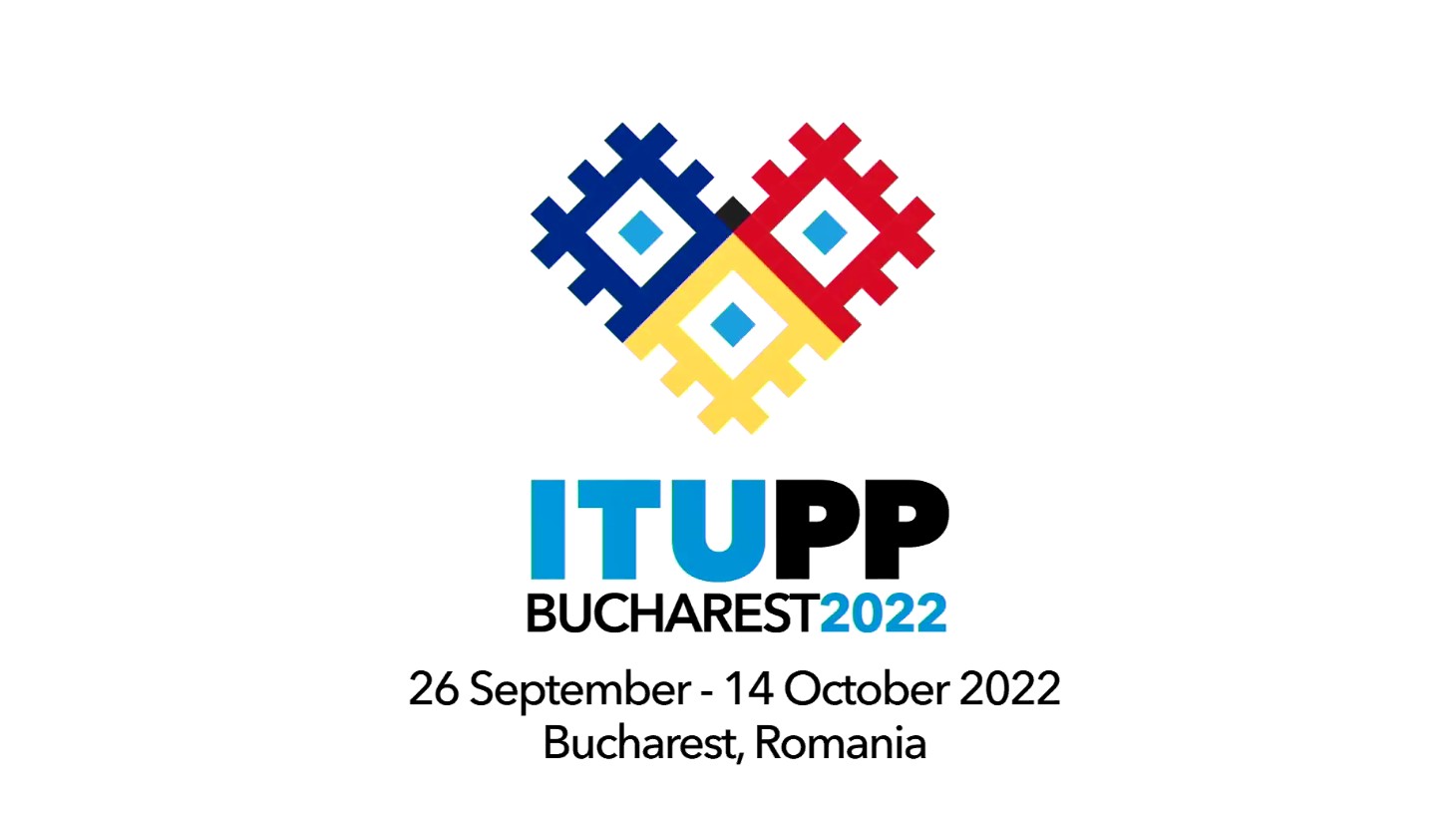
26 September to 14 October 2022, Bucharest, Romania
The first meeting of the Plenary Working Group (WG-PL) of the ITU Plenipotentiary Conference 2022 (PP-22) was held on 27 September 2022 in Bucharest.
The Chair-designate of the Plenary Working Group, Kwame Baah-Acheamfour (Ghana), opened the meeting and delivered a welcome address.
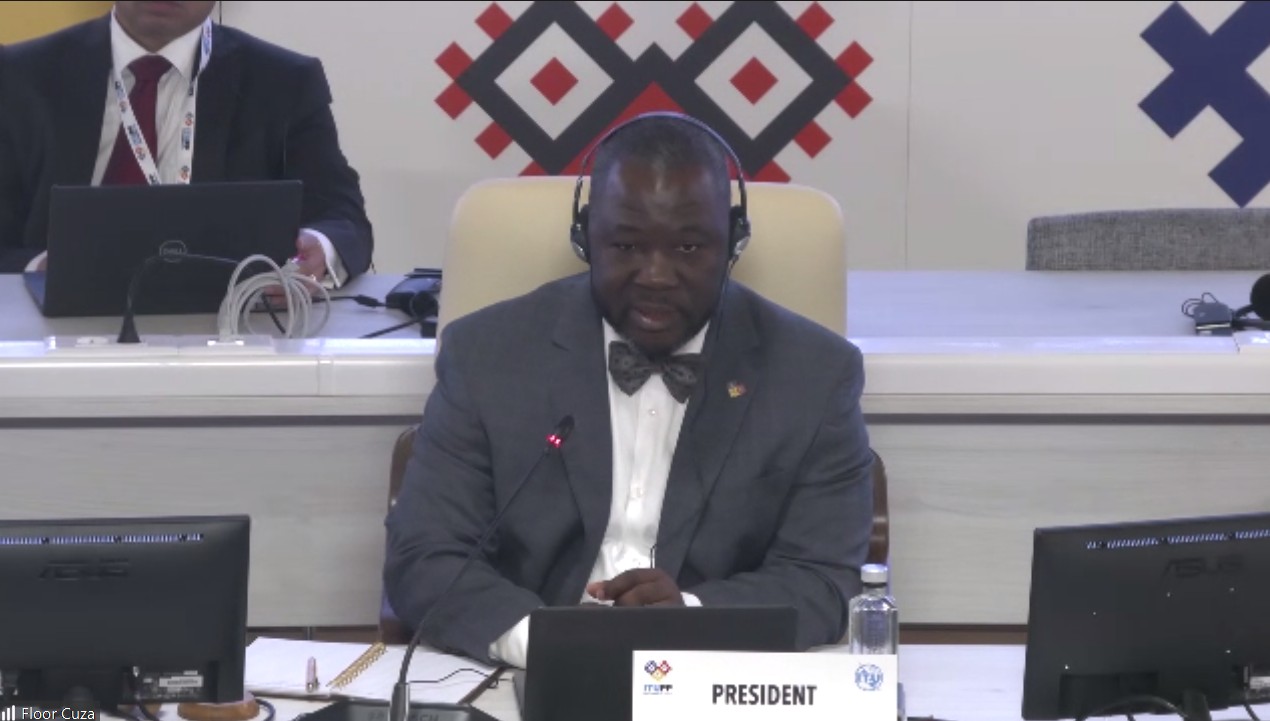
The tasks of the Plenary Working Group are: to consider reports and proposals and to recommend appropriate action on public policy issues, including the Internet, and on other issues of a general nature; and to refer 5 issues requiring amendments to the Constitution, the Convention and the General Regulations to the Committee and to refer 6 issues with financial implications to the Committee.
The agenda of the meeting included the following items:
1. Opening remarks by the Chair;
2. Adoption of the agenda;
3. Presentation of terms of reference and approval of working methods of the Plenary Working Group (WG-PL);
4. Text of proposals for consideration by the WG-PL.
5. Council Report: Guidelines for the use of the ITU Global Cybersecurity Agenda;
6. Council Report: Quadrennial Report of the Council Working Group on Child Online Protection (WG-CP);
7. Proposals for the revision of Resolution 130 (Revised Dubai, 2018) Strengthening ITU's role in building confidence and security in the use of information and communication technologies;
8. Proposals for revision of Resolution 174 (Resumed Busan, 2014) ITU's role in international public policy issues related to the risk of illicit use of information and communication technologies;
9. Proposals for revision of Resolution 179 (Ref. Dubai, 2018) The role of ITU in protecting children in the online environment;
10. Proposals for revision of Resolution 197 (Ref. Dubai, 2018) Promoting the Internet of Things and smart sustainable cities, and communities;
11. Proposals for Revision of Resolution 175 (Ref. Dubai, 2018) Telecommunication/information and communication technology accessibility for persons with disabilities and persons with special needs;
12: Council Report: Outcomes of CWG-WSIS and SDGs since PP-18;
13. Report of the Secretary-General: World Summit on the Information Society (WSIS)+20: WSIS beyond 2025 / WSIS+20 Roadmap;
14. Proposals for the revision of Resolution 140 (Revised Dubai, 2018) ITU's role in the implementation, follow-up and review processes of the World Summit on the Information Society and the 2030 Agenda for Sustainable Development;
15. Proposals for the revision of Resolution 123 (Revised Dubai, 2018) Bridging the standardization gap between developing1 and developed countries;
16. Proposals for revision of Resolution 204 (Ref. Dubai, 2018) Using information and communication technologies to bridge the financial inclusion gap.
The conference proceeded in accordance with the Agenda.
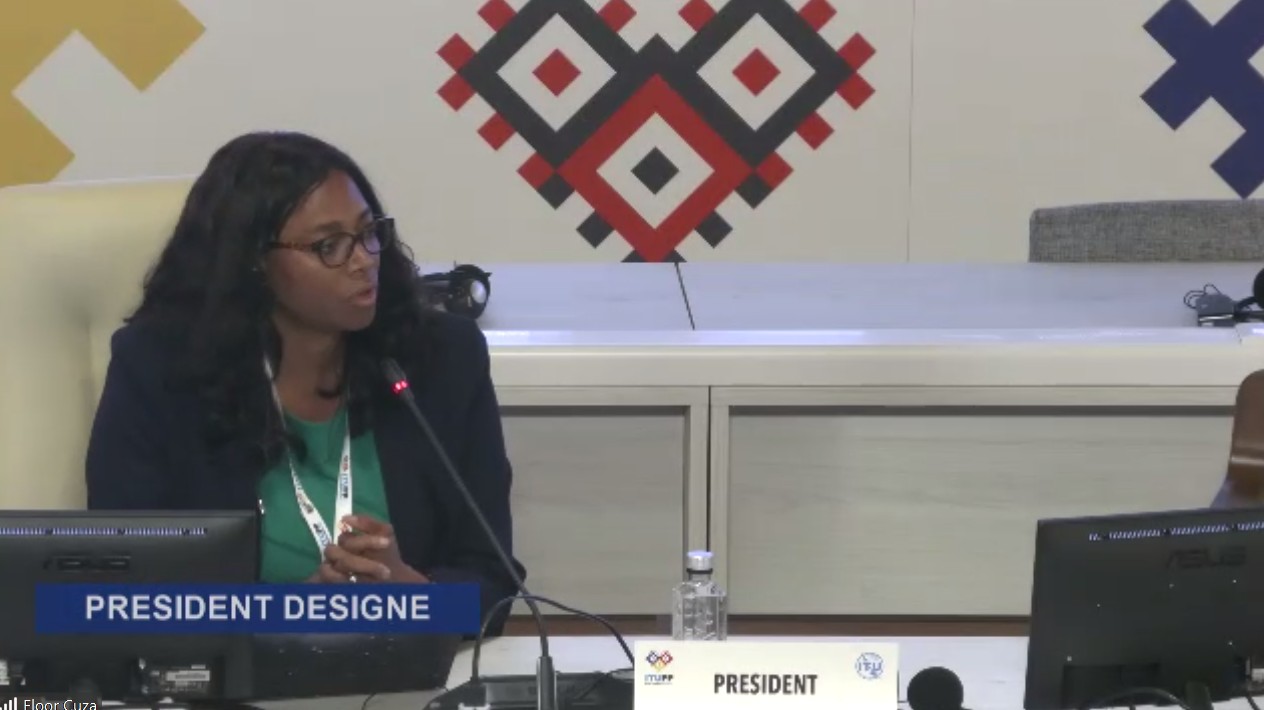
Committee 6 - Administration and Management and Committee 5 - Policy and Legal Matters followed.
Committee 6 was chaired by Vernita D. Harris (USA).
The tasks of Committee 6 - Administration and Management include: reviewing the draft Strategic Plan and other reports and proposals pertaining to the Strategic Plan; reviewing the relevant reports and proposals pertaining to the overall management of the Union, particularly those dealing with financial and human resources, as well as the relevant parts of the reports submitted by other committees and working groups; developing a draft financial policy and draft financial plan 2024-2027; advising the Plenary on all relevant aspects of the revised Financial Regulations and Rules of Procedure; approving the revised Financial Regulations and Rules of Procedure; and approving the revised Financial Plan for the Union.
Minah Seongmin Jun (Republic of Korea) was elected as Chair of Committee 5.
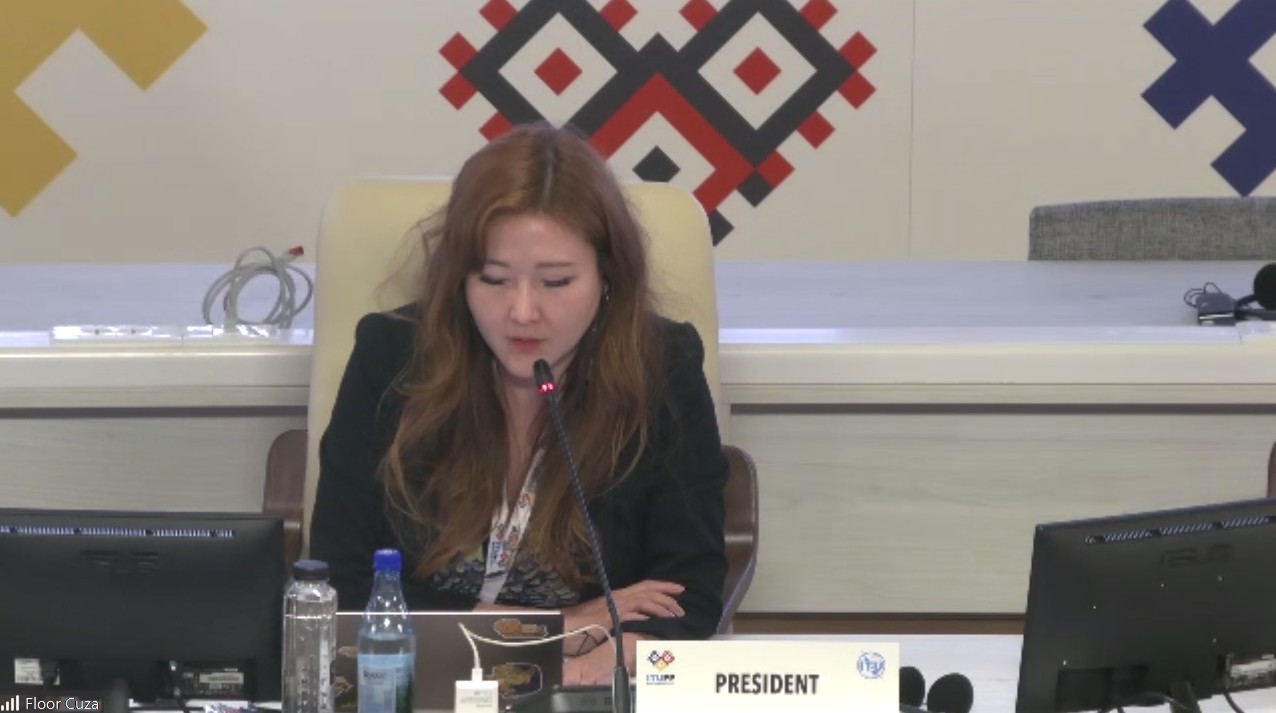
The task of Policy and Legal Affairs Committee 5 is to: examine reports and proposals relating to Union policy issues, including reports submitted by the Council on Union activities; recommend relevant decisions on the activities of the General Secretariat and the three Sectors; examine proposals for amendments to the Constitution, the Convention, the General Regulations and the Optional Protocol; submit recommendations to the Plenary taking into account the relevant reports and recommendations to the Committee
During the above-mentioned meetings the representatives of the RCC presented the RCC General Proposals on the various agenda items.
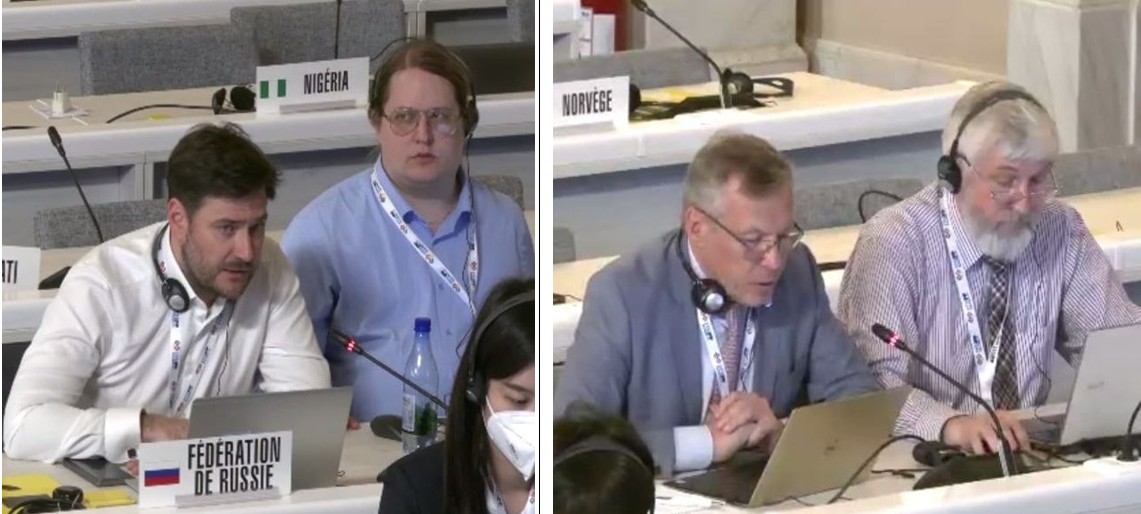
The RCC coordinators, as represented by the RCC GPs, started their work in ad-hoc PP-22 groups.
The work of the PP-22 is ongoing.















